World Turtle Day, on May 23rd, raises awareness about the threats faced by turtles and tortoises, including habitat destruction and pollution. It encourages action for their conservation while celebrating their vital role in ecosystems.
Critically Endangered Turtle species in Cambodia
The Southern River Terrapin (Batagur affinis), or Royal Turtle, and the Asian giant softshell turtle (Pelochelys cantorii) both are under the Critically Endangered species of the IUCN List.
Mostly found in the Mekong River area, they face significant population declines. Key threats include commercial sand mining, illegal fishing, and habitat loss from land grabbing and deforestation. Urgent action is needed to help protect these turtles.
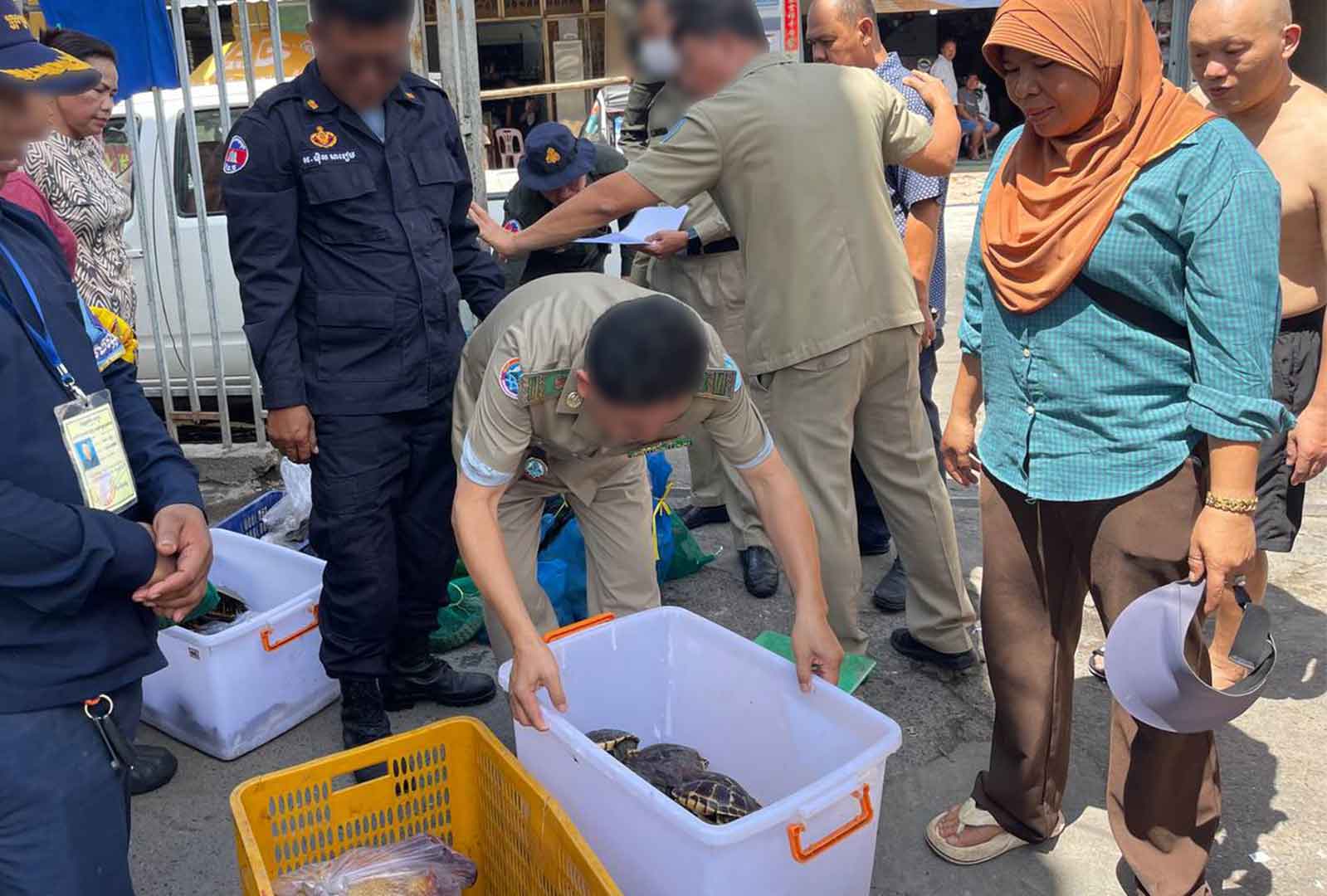
Most poached Turtle species in Cambodia
The Mekong snail-eating turtle is a small, protected freshwater turtle native to Cambodia. It mainly eats snails, but its eggs are also sought after for food. Handling these turtles can pose health risks due to zoonotic diseases.
The species is threatened by habitat destruction, illegal fishing, and demand for its meat in markets and traditional medicine. Significant numbers of Mekong snail-eating turtles were seized in 2020 and 2021 due to illegal trade.
On January 17 2025, the WRRT team rescued 15 Mekong Snail-eating turtles from being sold at a market in Kandal province. And on April 24, 2025, the team rescued/confiscated bushmeat and live wildlife, including 20 Mekong Snail-eating Turtles and 1 Asiatic softshell turtle, from a market in Sihanoukville.
Population declines result from over-exploitation and illegal trapping for the pet trade. The demand for its meat, especially along National Road 5, has caused alarming losses, including a raid where 12 turtles were found dead. Wildlife Alliance Cambodia warns against consuming this turtle due to potential health risks.
The Importance of Turtles in the Ecosystem
Turtles are vital for healthy ecosystems on land and in water. They regulate animal populations, support nutrient cycling, and indicate environmental health. As both prey and predators, they maintain balance in the food chain by consuming invertebrates and small fish while being food for sharks and birds. For instance, green turtles graze on seagrass beds, which are essential for marine habitats.
Turtle eggs and shells enrich nearby plants, supporting coastal dune stability. Species like the gopher tortoise provide burrows for other animals, enhancing biodiversity.
Turtles also signal broader environmental issues, as declines in their populations reflect habitat loss and pollution. Healthy turtle populations contribute to thriving ecosystems that benefit fisheries, recreational activities, and coastal protection while attracting ecotourism.
Threats:
Turtles are threatened by human activities, including illegal trading for meat and the exotic pet market. Plastic pollution, oil spills, and chemical runoff endanger marine turtles through ingestion and entanglement.
Coastal development and sand mining disrupt essential nesting and feeding areas. Sea turtles are often caught in fishing gear, leading to injury or death. Illegal harvesting for meat, eggs, and shells further jeopardizes their survival.
Entanglement in plastic waste can cause drowning, while coastal erosion from rising sea levels destroys nesting sites, making it harder for females to lay eggs.
Wildlife Rapid Rescue Team (WRRT): Fighting Illegal Wildlife Trade
Illegal wildlife trafficking is one of the biggest threats to endangered species.
The Wildlife Rapid Rescue Team (WRRT) (Learn More) is Cambodia’s frontline defense against this crisis. Working alongside law enforcement, WRRT conducts raids, intercepts smugglers, and rescues animals from the black market. Since its inception, this elite team has saved 79,043 animals from exploitation.
By supporting WRRT, you help combat wildlife crime and ensure that rescued animals are rehabilitated and, whenever possible, released back into the wild.

Wildlife Alliance’s Commitment to Conservation
At Wildlife Alliance, we take an active role in preserving Cambodia’s rich biodiversity. Through hands-on conservation initiatives, we protect forests, rescue trafficked animals, and educate communities about sustainable living. This World Turtle Day, we invite you to join our mission by supporting some of our key programs.
How You Can Make a Difference
World Turtle Day is an opportunity for everyone to take action. Here’s how you can help:
Support Conservation Programs: Donations to Wildlife Alliance programs directly impact on-the-ground efforts to protect wildlife.
Book an Eco-Tourism Adventure: Experience Cambodia’s breathtaking wildlife through responsible tourism at Chi Phat Community-Based Ecotourism or Steung Areng Community-Based Ecotourism.
Sponsor an Animal: Provide ongoing support for rescued animals by sponsoring a pangolin (Sponsor Here) or an Asian elephant (Sponsor Here).
This World Turtle Day, let’s work together to ensure a future where wildlife and humans coexist in harmony. Every action counts—whether it’s spreading awareness, donating, or choosing ethical travel experiences. Join Wildlife Alliance in protecting Cambodia’s wildlife and ecosystems for generations to come.


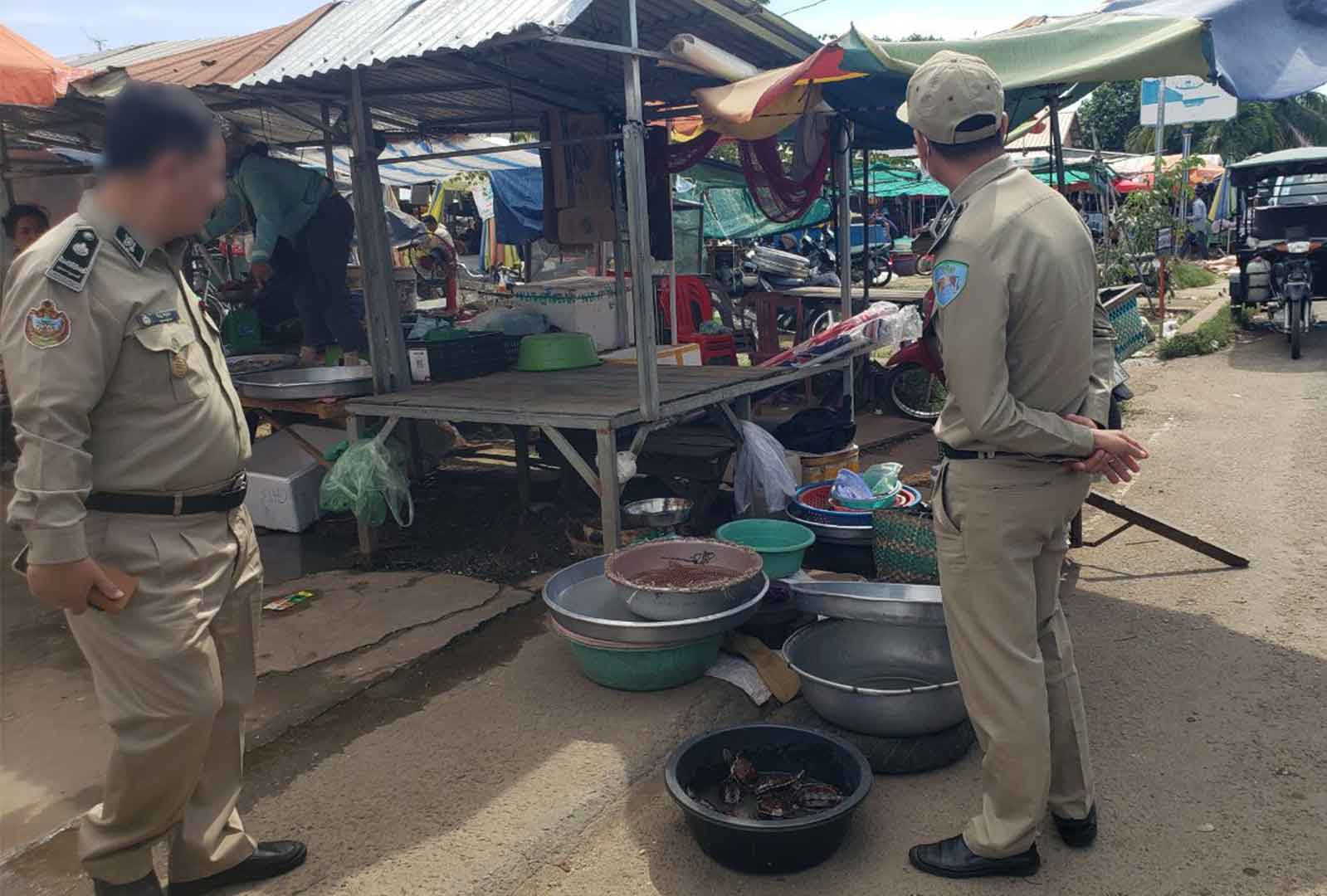
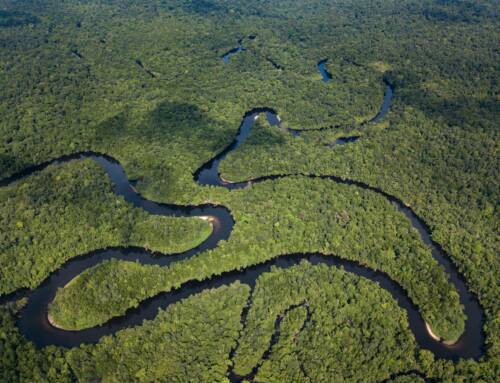
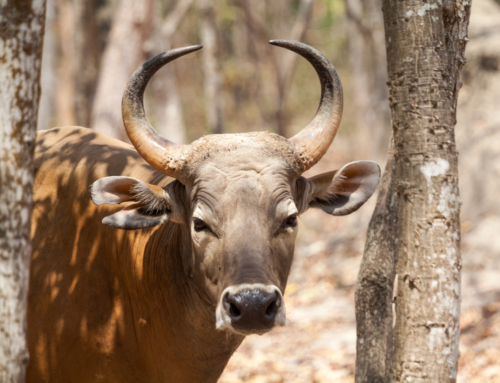
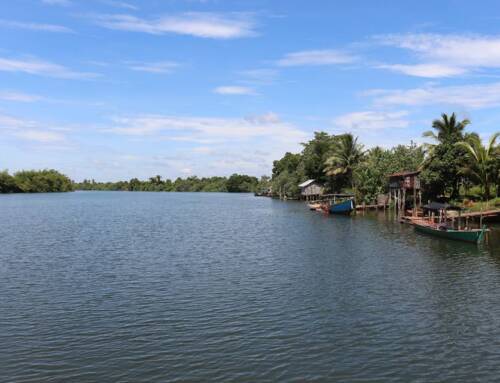
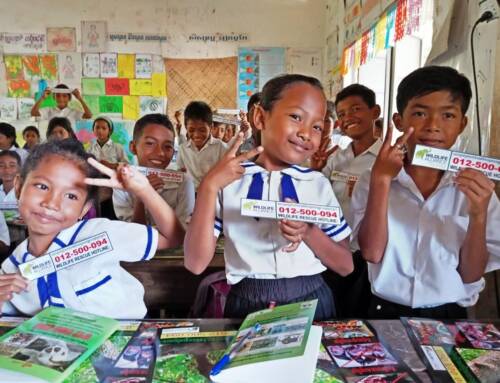
Leave A Comment